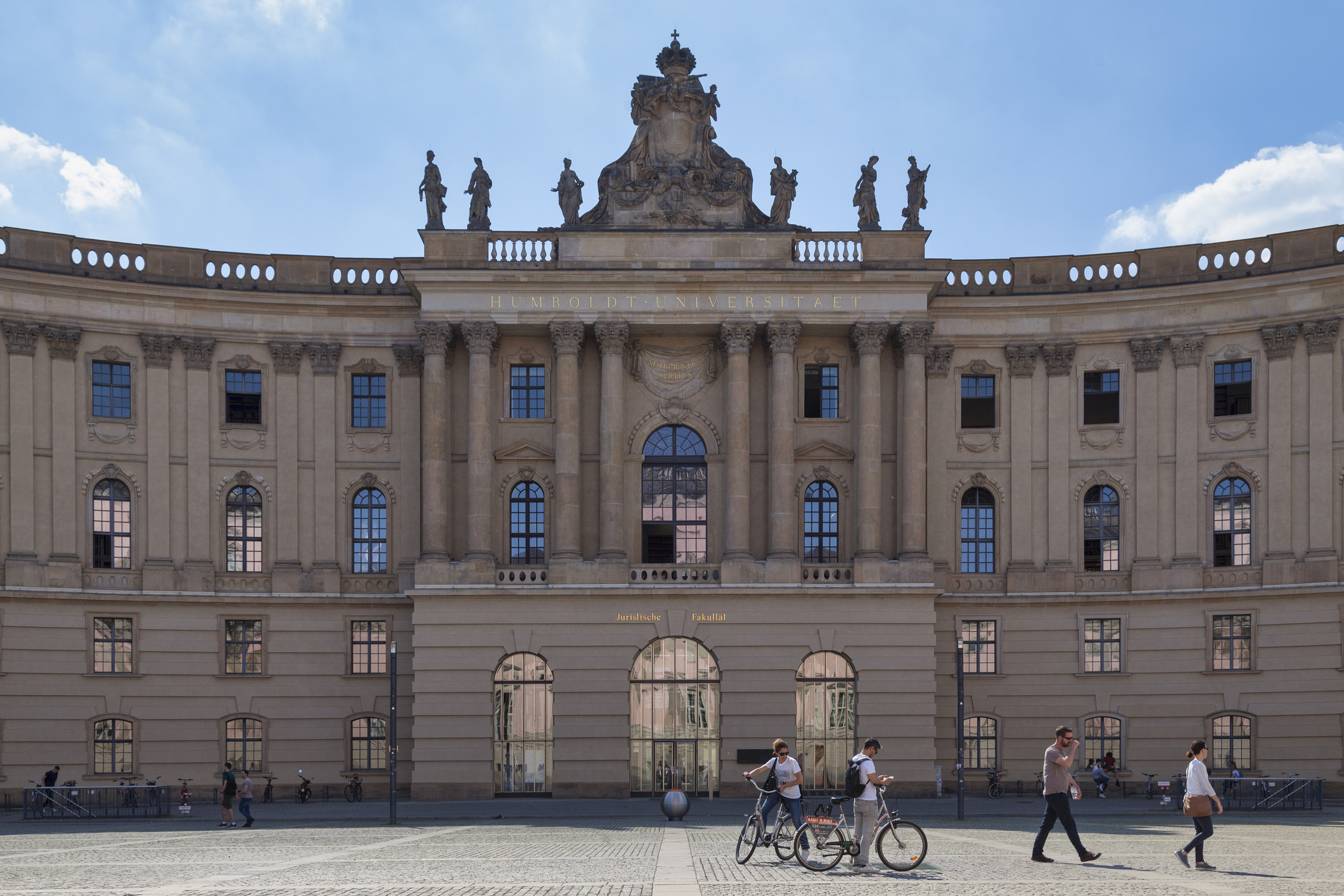The city of Milan’s Local Food Hubs reduce 130 tonnes of food waste a year, and win EarthShot Prize

The UK might have only heard about Milan’s Local Food Hubs project last night (17.10.2021) when Prince William announced the Italian city as the recipient of The EarthShot Prize‘s Build a Waste-Free World award, but the home of high fashion and Leonardo Da Vinci’s Last Supper has been tackling the problem of food waste for the last six years.
In 2015 Milan launched its Food Policy, a scheme to promote food sustainability and reduce food waste in the city by 50% by 2030. A year later, the City of Milan, Assolombarda (an association of local businesses operating in the Metropolitan City of Milan and nearby areas) and the School of Management of the Politecnico university of Milan were drawing up plans to cut down waste, and redistributing surplus food to those in need, in a manifesto called ‘Zero Waste’.
The city involved supermarkets and office canteens in their project, who donated their surplus food, which was then managed by a number of charities and NGOs and redistributed.
The city of Milan donated a public space for stocking and redistributing the food and the first Local Food Waste Hub was up and running in 2019, managed by Banco Alimentare della Lombardia (Lombardy Food Bank).
There are now three food hubs in Milan with two more due to open by the end of the year. Surplus food is picked up in the morning from participating supermarkets, whilst office canteens donate their share in the afternoon. Businesses taking part in the initiative are given a 20% tax reduction on their waste tax.
Lidl Italia, Esselunga, Coop Lombardia, Carrefour, Il Gigante, Penny Market, Natura Si, Bennet and Erbert have all taken part in the initiative.
Since establishing the hub, Milan has reduced 130 tonnes of food waste a year, or 350 kg per day and the produce has gone directly to citizens in need.
In an article for Reuters, Giuseppe Sala, Mayor of Milan, writes: “The importance of cities to food systems lie in their shared experiences. Cities committed to healthy, sustainable and inclusive food systems have a lot in common across the continents, from the challenges of urban inequality to the pressure on resources and opportunity for sustainable growth.“
With its Zero Waste manifesto and concrete action, Milan has positioned itself as an innovative and pragmatic driving force working towards a more environmentally-friendly urban future. The Mayor of Milan is also the UN Food Systems Champion and Chair of the Milan Urban Food Policy Pact (MUFPP), an international agreement among cities worldwide committed “to develop sustainable food systems that are inclusive, resilient, safe and diverse, that provide healthy and affordable food to all people in a human rights-based framework, that minimise waste and conserve biodiversity while adapting to and mitigating impacts of climate change”. 211 cities are already signed up.
In its seventh year, the MUFPP Global Forum takes place 19-21 October in Barcelona.








